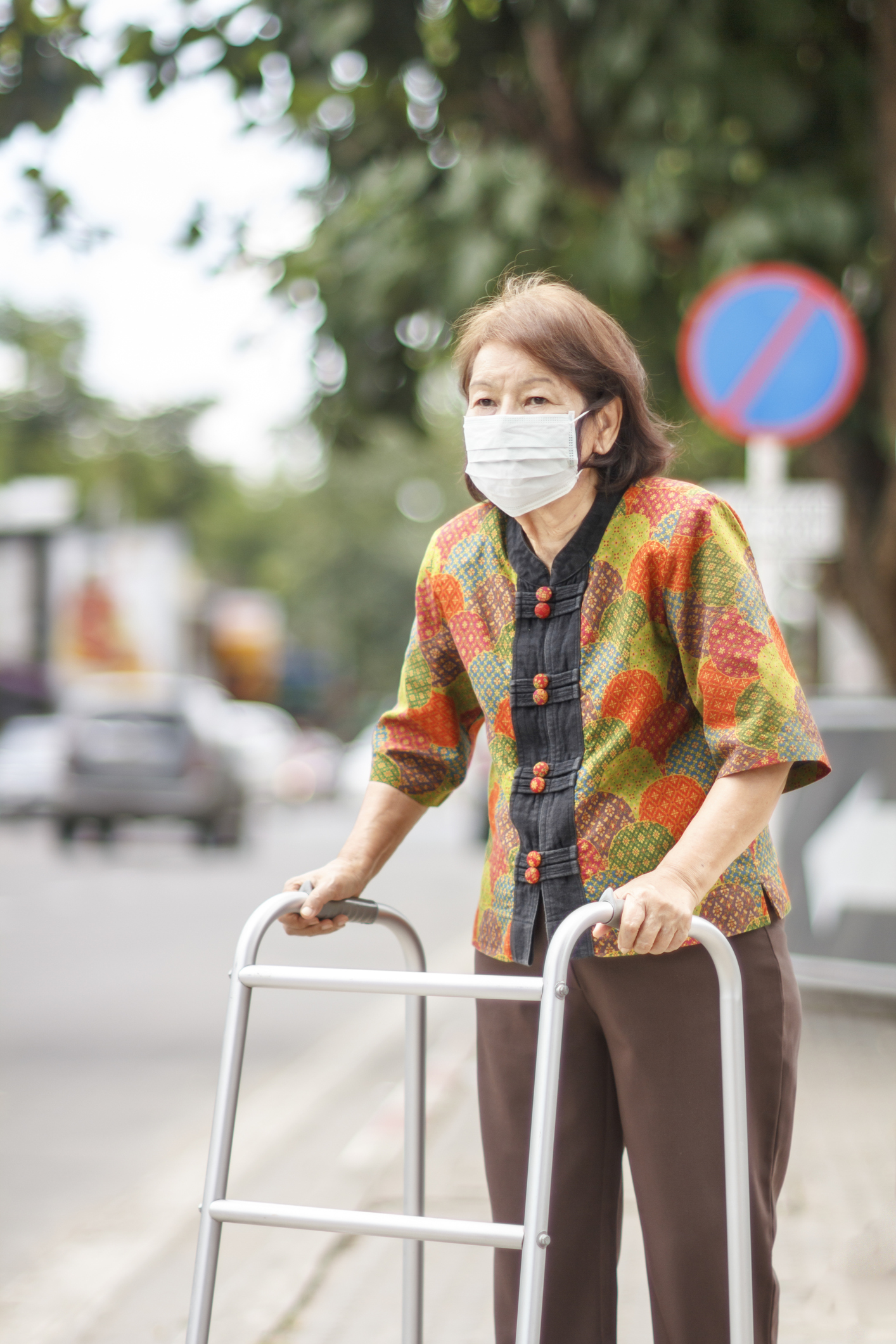As summer kicks into high gear with steamy and sometimes smoggy days, it’s important to protect vulnerable elderly not only from heat related illness but air pollution as well.
According to a recent study from Harvard University, published in the New England Journal of Medicine, even low levels of air pollution can increase the risk of death among seniors over the age of 65.
A lifetime of exposure to fine airborne particulates and ozone increased mortality rates among more than 60 million Medicare recipients by 7.3 per cent. If the levels of air pollution could be reduced, even a small amount, it is estimated by researchers that more than 12,000 senior lives could be saved annually.
Air pollution can not only aggravate asthma and other lung conditions, it can worsen heart disease, especially in people with diabetes, and may contribute to high blood pressure. The American Heart Association also warns that air pollution can increase the risk of brain damage from a stroke and fine particulates that make their way deep into the lungs and possibly even the brain may contribute to cognitive impairment in older age.
The finding of the study, using data collected between 2002 and 2012, focuses on the need for tighter regulations on air-pollution. The highest concentrations of fine particulates were found in California and the eastern and southeastern United States. The greatest ozone concentrations were also found in California and in the Mountain region.
Minimizing Air Pollution Exposure
- Stay indoors during poor air quality advisories
- Avoid smoky conditions, especially if you have a lung or heart condition
- Don’t allow smoking indoors
- Keep indoors clean and free of pet dander and dust
- Air out the home when pollution levels are low
- Change air filters regularly
- Close car windows when sitting in traffic and put fans on recirculate
For local air quality conditions visit AirNow by following this link.






Add Your Voice
0 Comments
Join the Discussion